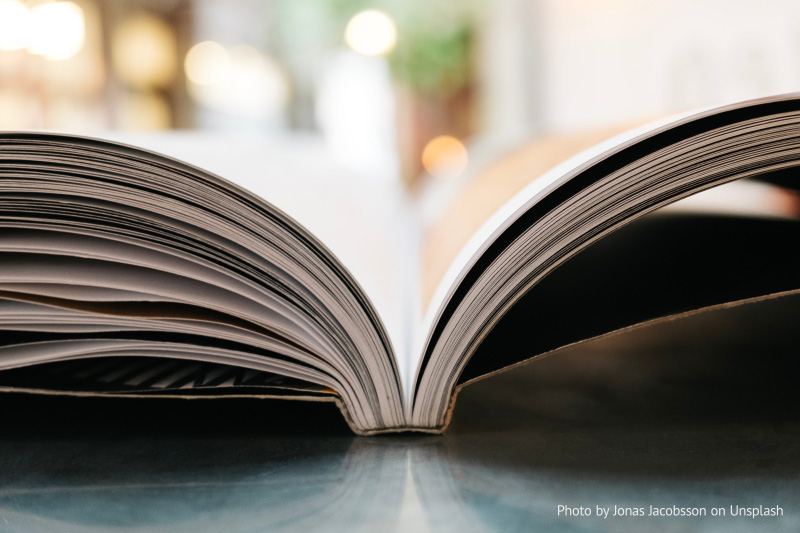The competition for the best thesis on social equality and diversity has been resolved. The competition jury has read the reviews evaluating the submitted theses and announced the results.
The PhD thesis category won Marlena Drapalska-Grochowicz, PhD for her thesis Reconstruction of the Proximity Category in the Polish Legal System supervised by Agnieszka Bielska-Brodziak, PhD, DLitt, Assoc. Prof.
The MA thesis category won Anna Przeklasa for her thesis Protection of non-heteronormative people in polish civil law (supervised by Prof. Wojciech Popiołek).
The BA thesis category won Jadwiga Mozgol for her thesis Interpersonal communication of women on the autism spectrum (supervised by Marzena Szymków-Gac, PhD).
Moreover, the jury has decided to award distinction in the MA thesis category to Aleksander Oleś for his thesis Autism and non-heteronormativity (supervised by Jacek Francikowski, PhD) and Natalia Sitko for her thesis The photographic portrait as an expression of the photographer’s sensitivity and attentiveness to society (supervised by Joanna Wowrzeczka, PhD, DLitt, and Wojciech Kukuczka, PhD).
Moreover, the jury has decided to award distinction in the BA thesis category to Emilia Kutyła for her thesis Turning rainbow into gold. Territorial marketing of the city of Tel Aviw (supervised by Marta Margiel, PhD) and Alicja Wosik for her thesis Camp in the ‘Kraina tysiąca notesów’ by Ewa Sonnenberg (supervised by Katarzyna Niesporek-Klanowska).
In the justification by the competition jury, one can read:
‘The awarded and distinguished theses meet the competition criteria to a degree higher or much higher than required. They are a testimony of a deepened knowledge of the described and analysed issue, scientific maturity and a reflective attitude towards the researched matters. The theses take up significant from the point of view of contemporary science issues of humanities, law and social sciences related to various aspects of functioning of people vulnerable to being excluded due to sex, gender, sexuality, age, neurodiversity, etc. The theses not only recreate the current image of knowledge but also co-create it with a significant commitment. Moreover, they notice the severe social problems such as: lack of in-depth knowledge about diagnosing autism spectrum disorder, lack of community care for people with the autism spectrum, legal discrimination of people who belong to the LGBTQ+ community or risks associated with appropriation of human rights achievements by the capitalistic practices of the contemporary states. Furthermore, they advocate key from the point of view of the contemporary times solutions such as a ban on discrimination by means of respecting basic human rights, concern for building sensitive communication, development of awareness, protection of closeness with others, and artistic freedom.’
Authors of the awarded and distinguished theses will receive money prizes. The full content of the minutes from the jury’s meeting.
Congratulations to all the awarded, supervisors and participants who submitted their theses to the competition.
The award ceremony takes place on 8 March 2023 at 11 a.m. in the seat of the Open University at the University of Silesia (Faculty of Humanities, ul. Uniwersytecka 4, room B0.21-22).
The ceremony will feature a debate Problematyka równości i różnorodności w kształceniu i badaniach naukowych – możliwości i ograniczenia [Issues of equality and diversity in education and scientific research – possibilities and limitations] with the participation of scientists of the University of Silesia, supervisors of the awarded theses and members of the Committee for Equality and Diversity Affairs.
Photo by Jonas Jacobsson. Source: Unsplash






